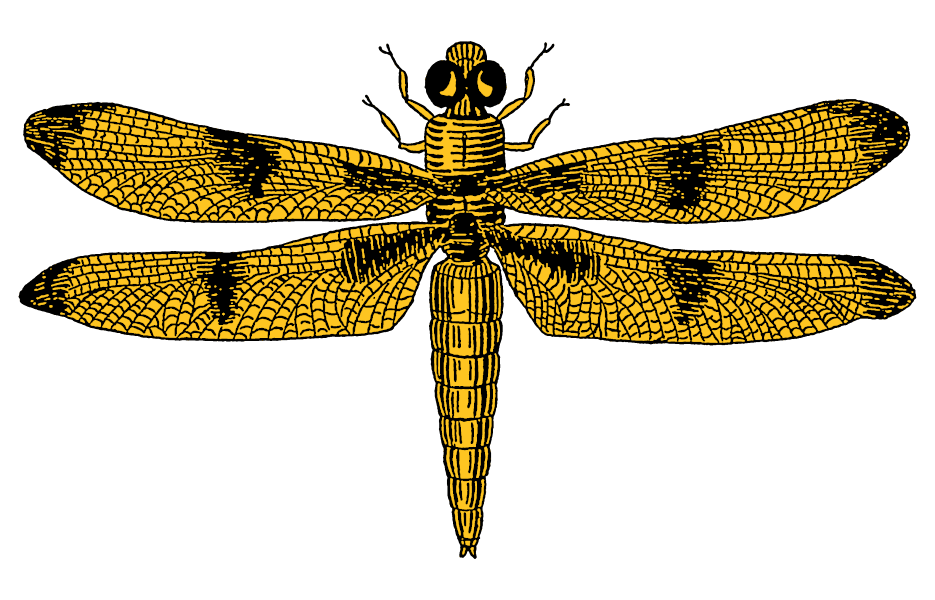I.
I am the kind of tired today
that sits on the inside,
a heavying that shows up on the porch,
invites herself in and cozies up
against heartbeat and bone,
wide hipped, she takes up her space,
she fogs up the windows
and shuts up all the doors,
says Sugar, the sunlight isn’t really
all that warm and golden today,
lets not worry ourselves about it.
She turns off every light in the house,
and creaks the sofa when she sits,
pats the space beside her,
says Come have a seat
beside me, sugar, it’s no good
going out today. Them flowers
smell like dirt and them birds
are stupid animals.
She lays my head against her big soft belly,
pets my hair with her big cold hand,
her hungry stomach groans against my ear,
she croons, Oh, sugar, you’re a
stupid kind of animal too, aren’t you?
Don’t you go getting silly ideas
like the world wants you in it.
Just go on back to sleep, sugar,
and let me keep you quiet.
II.
I am the kind of tired today
that cozies up against heartbeat and bone,
and today the only thing I want
is to sleep against her big soft belly,
but she never stays forever
and tomorrow the sun will gold back up
and tomorrow the flowers will smell rich and sweet
and tomorrow the birds will sing pretty once more
and tomorrow the world will want me.

